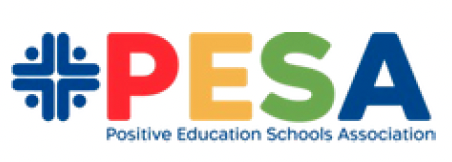What We Do
To achieve improved literacy in mental health and wellbeing and create a sense of belonging for all members of the Upper Hunter community.
Quick Links
Schools and Early Learning
Where there’s a Will charity seeks funding and opportunities to support schools and early learning in the Upper Hunter to adopt positive education learning initiatives.
We also support education for mental health awareness, and tools for intervention.
Our student leadership program is setting new leadership benchmarks, based on Positive education best practice.
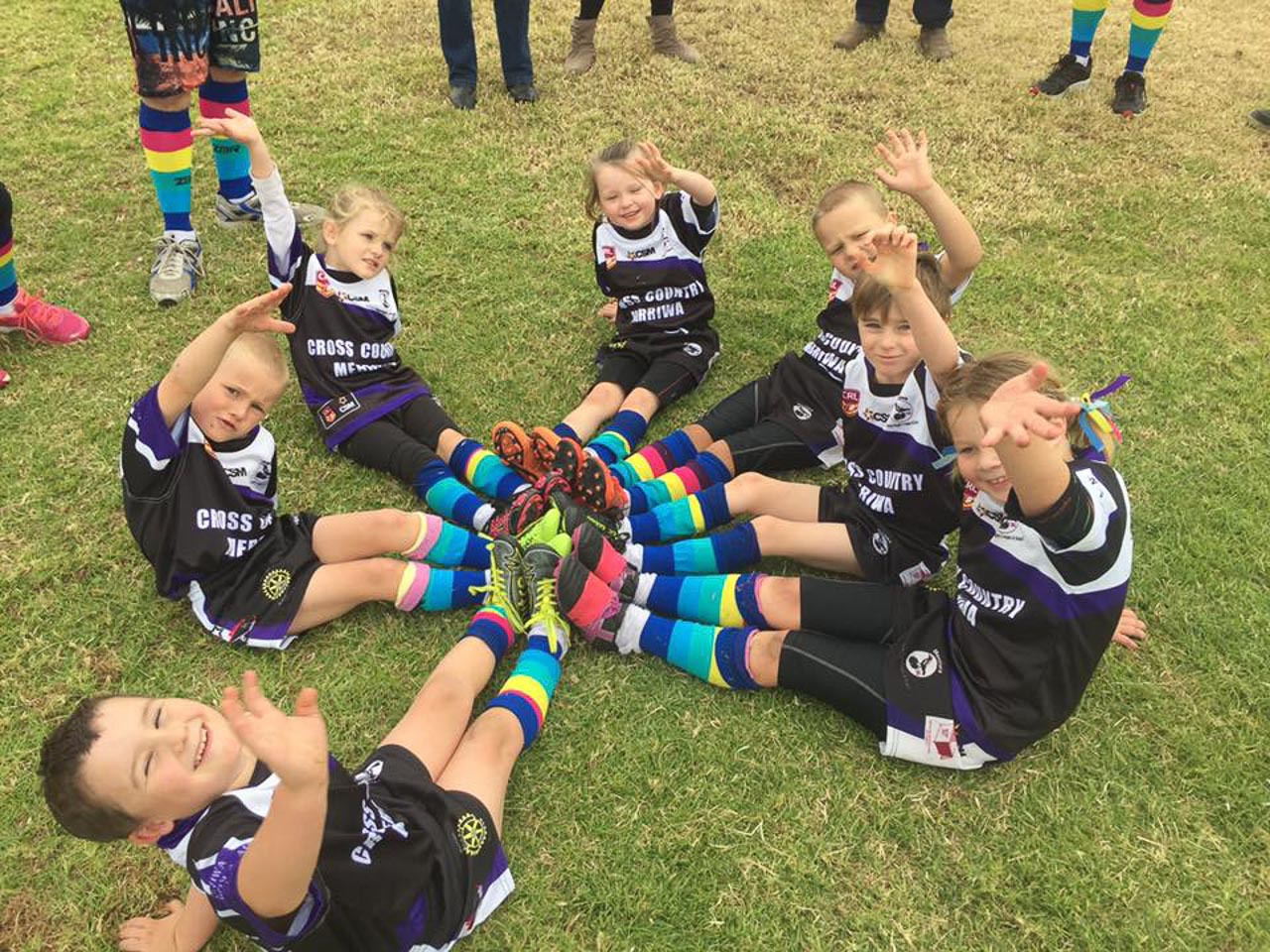
The Upper Hunter community of schools and early learning are the largest positive education and wellbeing cluster globally.
Our cluster model allows for all participants to receive the same information at the same time, creating one language for all. The cluster model also offers a setting of connectivity and environment for sharing.
Our teachers and educators have been afforded the knowledge and confidence to seek out or build age-appropriate science based wellbeing practice, projects and programs in each of their unique environments, this knowledge and confidence gained through positive education, two years training in Visible Wellbeing for schools and training in Strengths Stars for early learning.
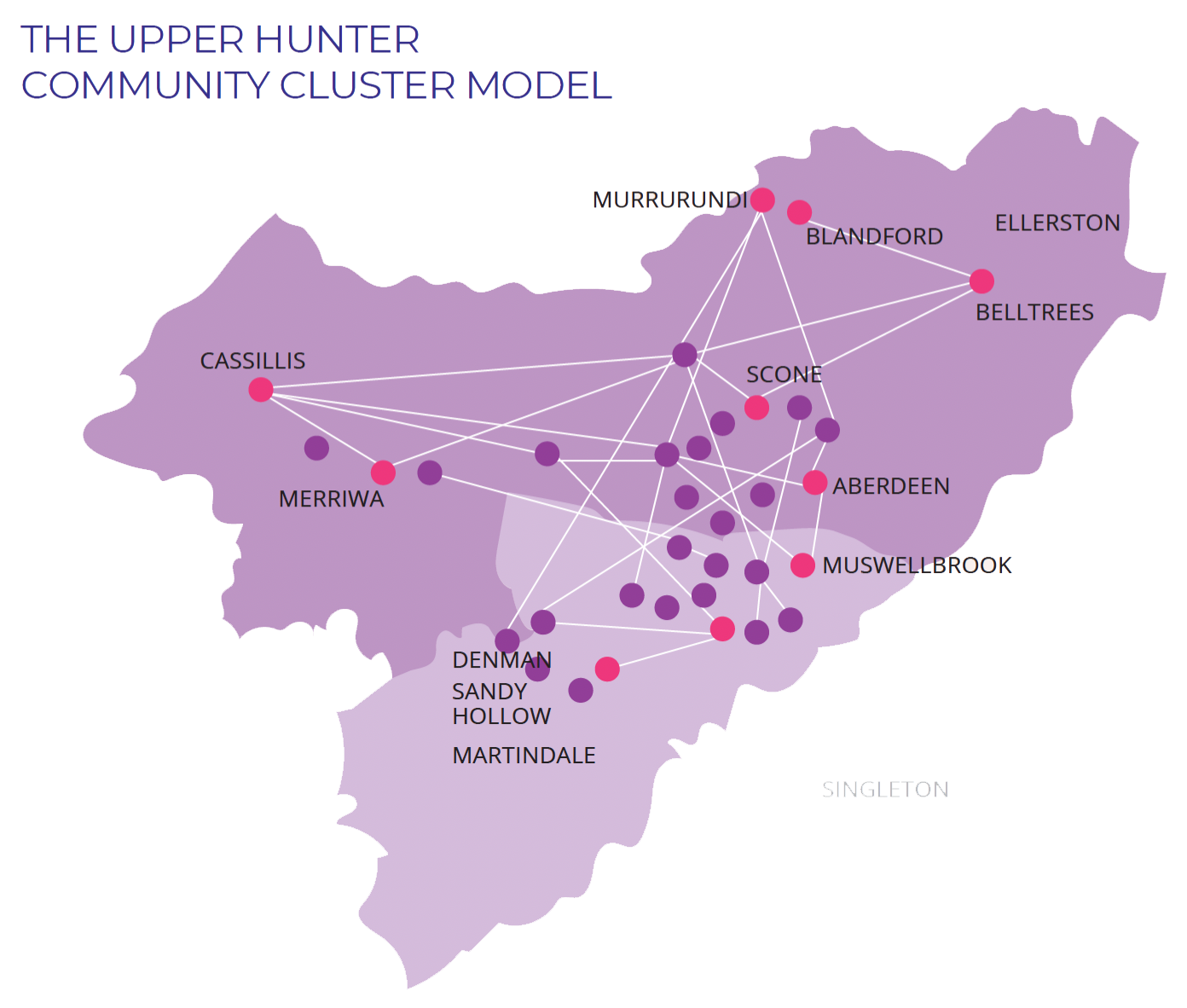
Communities
We have a caring community in the Upper Hunter. A group of people who want to make a difference, and in particular, make a difference to their children’s lives and futures. They are investing time, efforts, funds, and trust into improving their knowledge of positive education and how they can contribute to improving mental health and wellbeing in this community.
It is our communities belief that we are the primary care, role models and front line defence for our tribe.
This project will nourish a community where we are encouraged to become the very best versions of ourselves and explore our personal potential with freedom and positivity.
SUCCESS for Upper Hunter Where there’s a Will is creating a common language for children, families and the whole of the community.
Guiding Principles
Mental Health Continuum
To effectively articulate the space in which Where there’s a Will support, we have developed our own version of the continuum, similar to that used by the Cancer Council of Australia (with their Slip, Slop, Slap campaign).
Thriving at one end of the scale and hopelessness at the other end. A range of states in between.
Where there’s a Will works in the space to the right of the continuum, prevention, supporting and funding Positive Education initiatives in our schools, Early Learning and Child Care Centres.
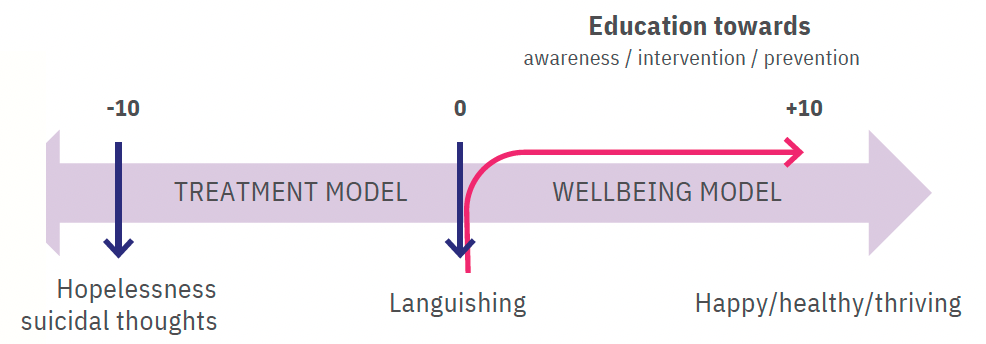
Positive Education
An approach that weaves the research from Positive Psychology and wellbeing science into schools. Positive education does not ignore or suggest that young people will not experience difficult and painful experiences, it teachers the skills they need to support and manage their mental health and wellbeing, assisting them to make a successful transition into ( and to maintain) a healthy adult lifestyle.
Why Positive Education?
PESA – Positive Education Schools Association
PESA is the peak body for Positive Education in Australia (and other countries).
Similarly, to Where There’s a Will, they are governed by a Board of Directors and chaired by Anne Johnstone – Principal of Ravenswood School for Girls, they have a CEO and Administration support.
As we (Where There’s a Will) were becoming established, there were many individual schools across Australia that had already adopted the principals of Positive Education to promote both improved academics and wellbeing. Primarily, these were wealthy Private/Independent schools based in major capital cities. Due to the predominance of early adopters of Positive Education being private, there was a misconception that Positive Education was only for the wealthy.
While Pauline Carrigan was researching mental health education (as she understood it to be at the time), as a way forward for Upper Hunter schools, PESA were looking at a broader community cluster model. A model that could give way to a new future with an understanding of Positive Education for schools across Australia.
PESA were pivotal in the early days of the establishment of the Upper Hunter cluster. They continue to be a significant partner of Where There’s a Will and play an important role in the growth and sustainability of our schools. They continue to lead the way with new developments and best practice in the field of Positive Education.
Each year, PESA hold a conference that Where There’s a Will has funded and supported our educators to attend to keep informed of best practice for Positive Education and wellbeing.
Visible Wellbeing
At the PESA Conference in 2017, our teachers chose Visible Wellbeing as the project that they wanted to undertake in their schools. As such, the Cluster Model was born.
More than 430 educators took part in the initial training of Visible Wellbeing with Professor Lea Waters AM PhD. A further 200 teachers trained in Strength Stars framework for Early Education.
Our teachers and educators have been afforded the knowledge and confidence to seek out or build an age-appropriate science-based wellbeing practice, project or program.
The SEARCH framework is a guide to the 6 identified necessary education pathways that require integration throughout the education system as an understanding and practice that enables all students, schools, and the wider community to flourish.
The framework has assisted our schools to maintain relevant material from the past merge with new data driven material coming at them daily. The ‘all teacher’ training in Visible Wellbeing has also given way to a new confidence that sees our teachers designing their own strategies and lessons based on research and science but within their own school context.
This community framework is allowing for planning for ageappropriate mapping of the 6 pathways across a school journey in the Upper Hunter
Strength Stars
Where There’s a Will supported the introduction of Professor Lea Waters Strength Stars Framework and training to Early Learning, Family day care, Moosh, Soosh and Rural travelling toybox 2019.
The strength-based approach has a natural alignment to the early learning principles and practices. The strength-based approach identifies and responds to the unique character and interest of each child and family. Strength-based language provides common ways for educators and parents to communicate to their children at home and school and assist with transitions. The strength-based approach informs educators how they can use each child’s character as a clue to what each child finds interesting and meaningful. Character can be explored and developed through play and strengths can form the subject of creative visual displays. The bottom line is that strengths make us authentic and, thus, when we take this approach with young children we are naturally going to create authentic, holistic and responsive learning environments.
Character strengths are positive aspects of a child’s personality that are reflected in their consistent patterns of thoughts, feelings and actions. For example, some children are consistently loyal, others are steadfastly brave and others are always kind. Strengths are things that come naturally to us, but they can also be developed. The steadfastly brave child can also learn to be kind, the consistently loyal child can develop courage and so on. The beauty of working with strengths is that character can grow and evolve through practice and experience. Strengths provide is with a life long journey of development, a journey that is always uplifting because it brings out the best in us.
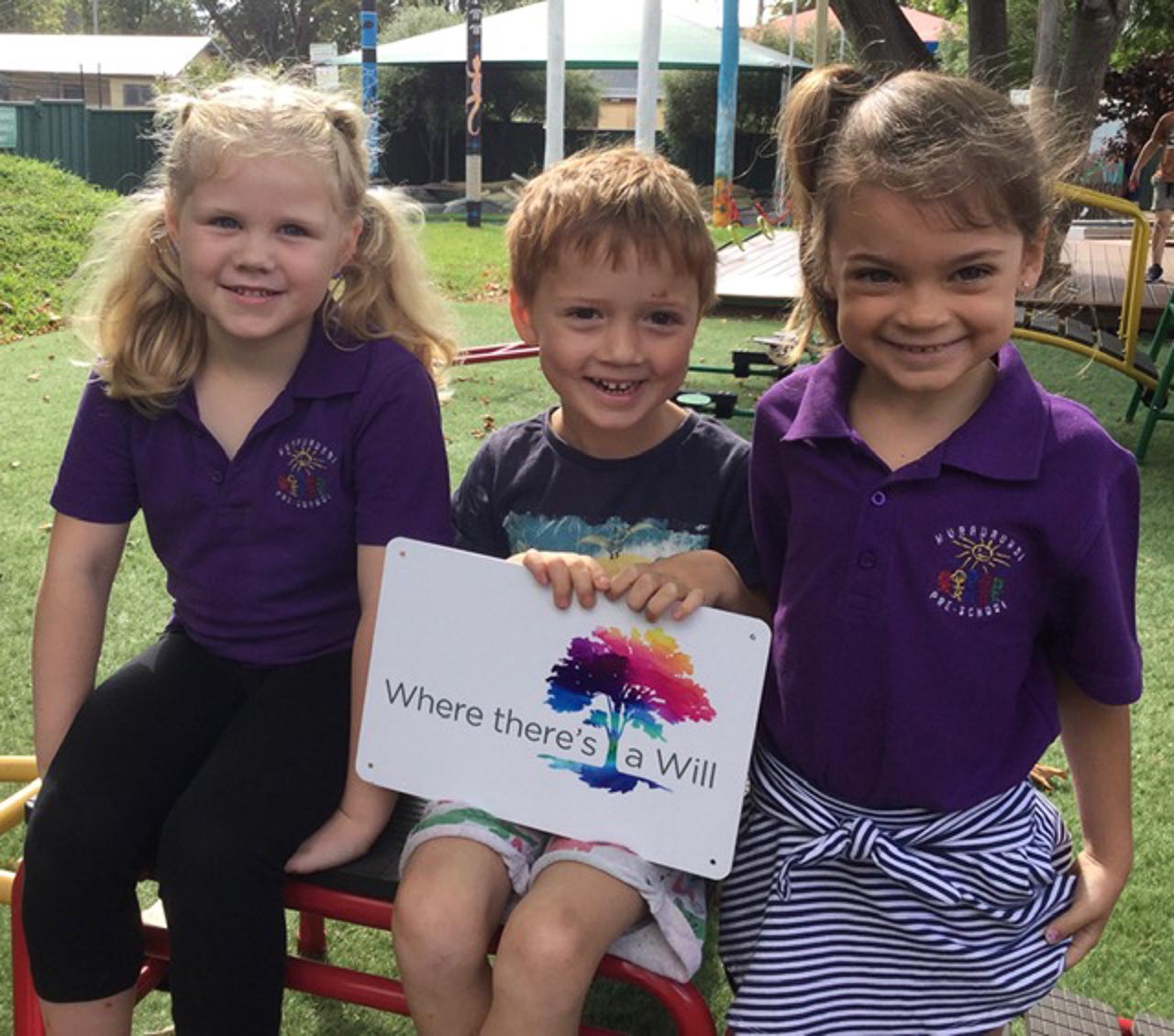
BounceBack!
BounceBack! is a positive education approach to wellbeing, resilience and social-emotional learning for primary school children. The programme has been introduced to six primary schools in the Upper Hunter by the Australian Catholic University as a research project called Prosper. The six schools participating in this three year programme include: Aberdeen Public School, Belltrees Public School, Scone Public School, St James Primary School Muswellbrook, St Josephs Primary School Merriwa and St Mary’s Primary School Scone.
BounceBack! was written by Toni Noble and Helen McGrath. We are lucky enough to have Professor Toni Noble working with Dr Rose Pennington to deliver the program in the Upper Hunter.
Upper Hunter Where There’s a Will Framework
We are proud as a community that we have been able to establish our own framework for wellbeing education.
PERMAH
Pillars for thriving
(Dr Martin Seligman, Founder of Positive Psychology)
According to Martin Seligman (founder of Positive Psychology), PERMA makes up five important elements (building blocks) of wellbeing and happiness. Health has since been added as a sixth element. This is the core of our Where there’s a Will philosophy.
Positive emotions – feeling good
Engagement – being completely absorbed in activities
Relationships – being authentically connected to
others Meaning – purposeful existence
Achievement – a sense of accomplishment and
success Health – exercise, nutrition, relaxation & sleep
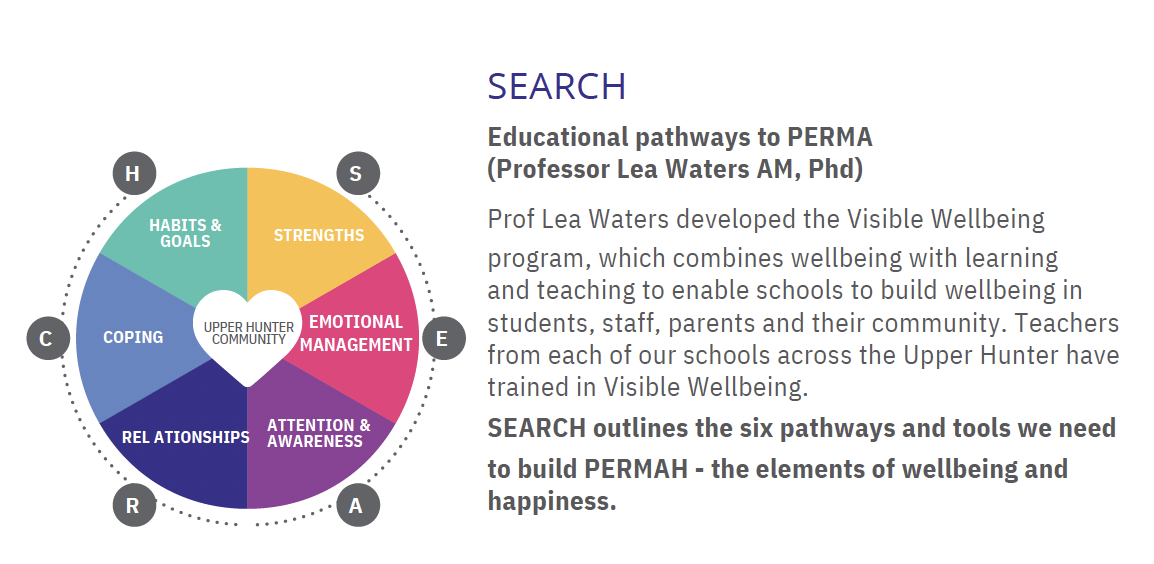
Teachers
Professional Certificate in Education (Positive Education)
The Professional Certificate in Education (Positive Education) provides a foundation in positive psychology in education to promote optimal learning environments.
The Centre for Positive Psychology / Melbourne Graduate School of Education, part of The University of Melbourne successfully delivered this course to 34 teachers from 18 Upper Hunter schools. Senior Lecturer, Dr Peggy Kern, travelled to Muswellbrook to deliver the course.
Part of the study required participating teachers to create a plan for the implementation of positive education in their own school communities.
Funding for the Certificate was met by Where there’s a Will in partnership with Glencore and Coal & Allied (now Yancoal). Many Upper Hunter teachers, who may not have been able to contemplate such a course, are now thriving from this opportunity to learn more about helping students to feel good and function well.
Student Leadership
Why Student Leadership?
Where There’s a Will supports student leadership from year 5 in primary school and again in years 8,9 and 10, developing leadership skills so they can understand their influence, impact the world selflessly and lead to flourish. Where there’s a will are defining the new benchmark for leadership in our community.
Now more than ever, schools and communities need to support youth wellbeing and mental health in a way that give them voice and agency in their communities and schools approach.
Assumptions are sometimes made by wellbeing leaders in schools and communities about what is best for youth with little or no consultation with the youth themselves who should be considered the main stakeholders in their own wellbeing.
We need to challenge the top-down initiatives that while well intentioned are based on the premise that staff are expected to design and implement wellbeing strategies with students being passive recipients.
At Where there’s a Will, we believe that all young people have the ability to lead, and we recognise that to achieve this, we need to be able to offer the appropriate initiatives and resources.
We have developed a Student Leadership initiative based on Positive Education best practice to work towards developing these skills with our youth from Year 5 to Year 12.
The programs and initiatives that we support through Student Leadership help to build confidence in our youth and teach them to lead with their natural strengths. All the initiatives that we support are open to all students, not only those that hold existing leadership roles in their school.
We proudly advocate that Upper Hunter students are now the main stakeholders in their own wellbeing, they are consulted to encourage voice and agency for their own futures.
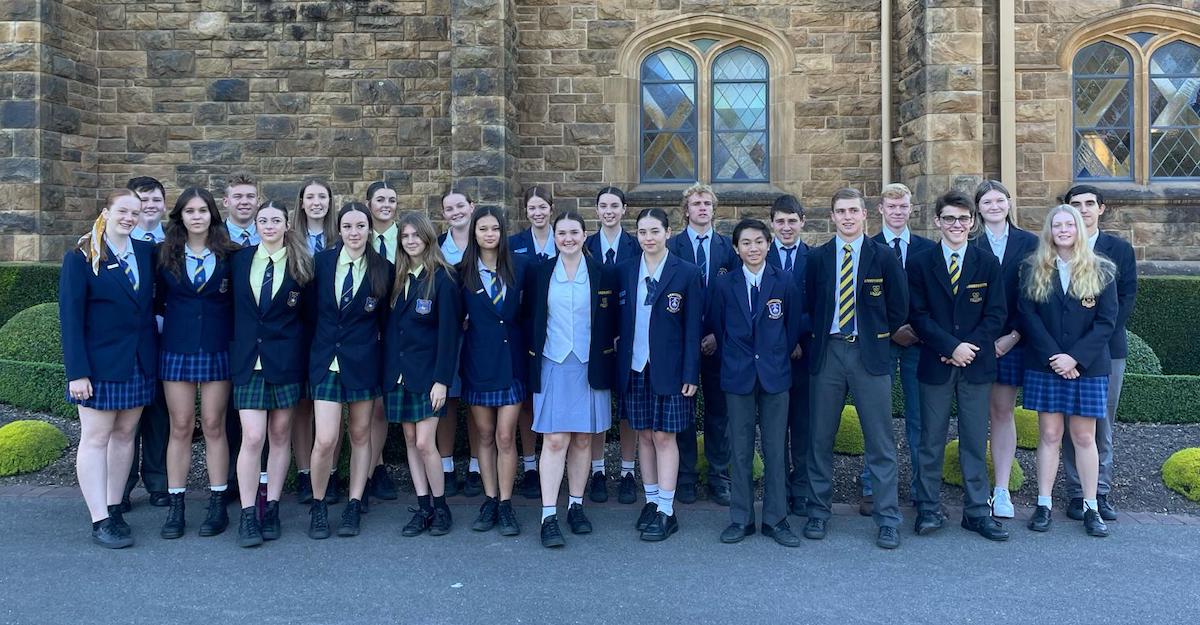
Our program includes:
Burn Bright
Where There’s a Will employ external provider, multi -awarded Burn Bright, to conduct a one day workshop for students selected by their schools identified as “influencers” in their year / peer groups. Burn Bright exists to empower Australia’s young people to become active participants and community leaders, equipping them with self-belief, confidence, and a positive vision for the future. We help young people to look after their mental health and wellbeing in a proactive and preventative way. We do this through a range of positive evidence-based strategies that help young people to take charge of their lives.
1. Burn Bright Workshops for Year 5
Introduce Year 5 students from Upper Hunter schools to leadership training prior to the entering their final year of primary school to
increased student knowledge, skills and understanding of leadership.
Increased connections between Year 5 students across Upper Hunter schools.
Increased confidence to employ leadership skills in school, and their lives generally.
2. Burn Bright Workshops for Years 8, 9 and 10
One hundred and fifty students selected by their schools identified as “influencers” in their year / peer groups. each calendar year are involved in a range of activities to assist in developing positive relationships between themselves, and by ripple effect, their schools, families and community, during a one day workshop.
Some of the aspects they learn about include:
- Leadership in more detail and what impacts on their leadership,
- The need to communicate confidently,
- You don’t have to wear a badge to be a leader,
- How energy and enthusiasm assist leadership, and,
- The importance of having a vision and being able to set goals to achieve their vision in their schools and communities.
3. National Student Leadership Summit Year 11
Each year, four Year 11 students from each of the five secondary schools in the Upper Hunter, are selected by their schools for their leadership potential, to attend the National Student Leadership Summit at St Peters College in Adelaide. Students interact with approximately 120 leaders from school across Australia throughout a day of intensive training focusing on how they can make a difference in their schools and communities as leaders.
4. Upper Hunter Leadership Summit
Our students leaders who attend the NATIONAL STUDENT LEADERSHIP SUMMIT in Adelaide use the skills they have learnt, and upon return, design and deliver a Student Leadership Summit to meet the needs of 150 students in Years 10 and 11 from the five Upper Hunter Secondary schools. The students involved are selected by their schools and their training features some of the following:
- Developing positive relationships to aid leadership,
- The importance of effective communication,
- Using our strengths, and the strengths of other students, to bring about positive change in our schools and communities,
- Planning as an essential ingredient for leadership success,
- Sharing ideas and stories builds connections and aids leadership,
- The importance of being positive, and surrounding oneself with positive people and support.
Intervention and Awareness
Teen Mental Health First Aid
By giving teenagers the ability and knowledge of what to do when a peer or loved one is experiencing a difficult time, we are giving them the skills to help create a happy, healthy and thriving secondary school community.
Where There’s a Will educates Year 8 students annually in Teen MHFA and offer Youth MHFA when both numbers and funds permit.
Teen mental health first aid is not about treating a mental health condition but rather empowering awareness and skills for critical early intervention.

DARTA
Where There’s a Will supports DARTA annually to deliver vital relevant information across the whole school community, including students (Year 10 and above), teachers and parents.
Our youth need to make informed decisions and we need to be able to speak the same language as our kids. Why? This breaks down barriers and gives us credibility, allowing us to relate and connect. It’s not enough to educate our teens about drug and alcohol issues. Where There’s a Will wants to educate parents and teachers so that we can all access current, relevant facts and so that we’re all able to speak the same language. Teachers will be encouraged to join a DARTA session specifically designed for them and we encourage parents to join this session below, specifically designed to boost parents’ knowledge and conversation openers.
DARTA works with school communities to support and complement existing drug education programs. Adopting a whole-school approach, involving students, staff, families and the wider community is widely acknowledged as best practice and more likely to lead to positive outcomes.

Community Mental Health First Aid and Youth mental health first aid
Community Mental Health First Aid and Youth mental health first aid (often shortened to MHFA & YMHFA) is a great way for parents, grandparents, sports coaches, colleagues and anyone to step up and keep the conversations going, to reduce the stigma and to save lives.
The officially certified two-day course is free (valued $490) and your skills will be an asset to your family, your friends, your workplace and your CV.
It teaches participants about adolescent development, the signs and symptoms of the common and disabling mental health problems in young people, where and how to get help when a young person is developing a mental illness and how to provide first aid in a crisis situation.
Mental health crisis situations covered are:
- Suicidal thoughts and behaviours
- Non-suicidal self-injury (self harm)
- Panic attacks
- Traumatic events
- Severe effects of drug or alcohol abuse
- Severe psychotic states
- Aggressive behaviours
When funded permits Where There’s a Will offers this course in the community free to participants.
JOIN OUR COMUNITY
Together We Can Make
Great Progress
SIGN UP FOR ALL OF THE LATEST WELLBEING UPDATES & NEWS
